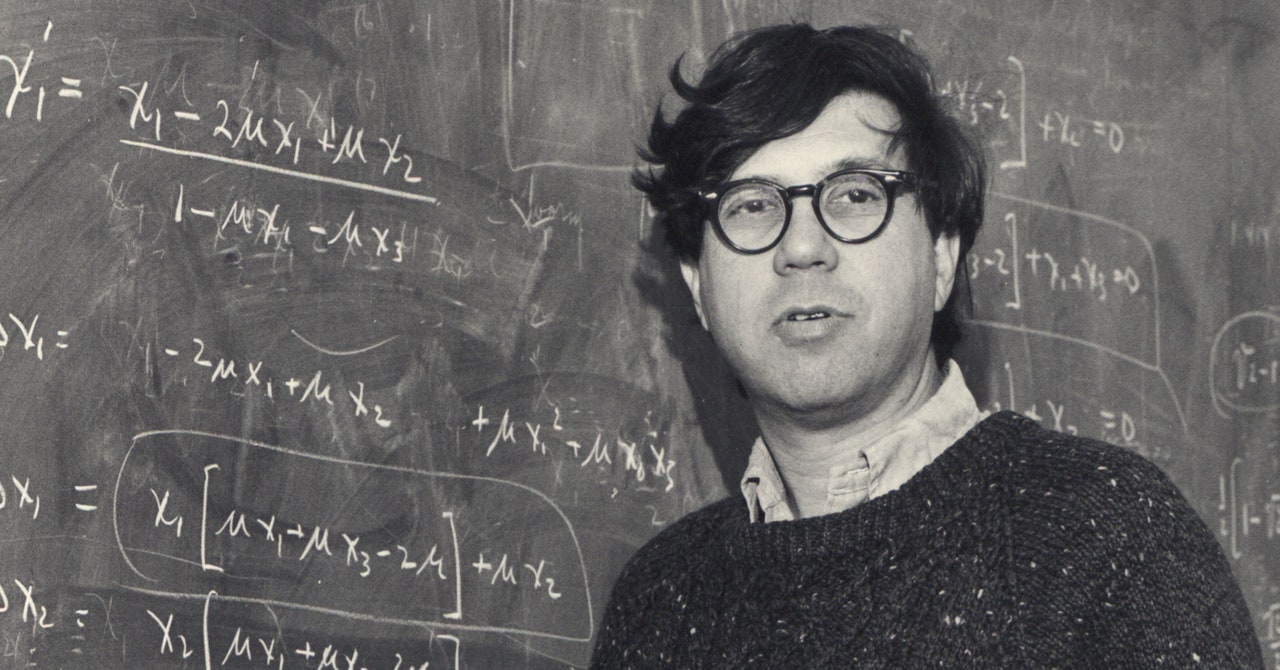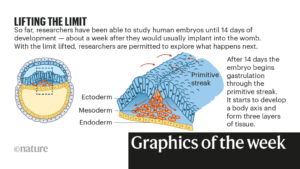Richard Lewontin Leaves a Legacy of Fighting Racism in Science

When Donald Trump invoked genetics at a campaign rally in Minnesota in September 2020, commentators had been fast to attach his language to the eugenics and Nazi science of the early 20th century. “You have good genes, you know that, right?” Trump requested his almost all-white viewers. “You have good genes. A lot of it is about the genes, isn’t it, don’t you believe?” The implication was that—by dint of its race—his crowd was genetically distinct from, and superior to, the Black and brown immigrants that Trump constantly disparaged and focused along with his administration’s insurance policies.
This perspective, explicitly endorsed by some on the political far proper as we speak, was as soon as the mainstream scientific view. Today, nevertheless, most scientists don’t take the concept of organic races severely—partly due to Richard Lewontin, a Harvard University evolutionary biologist who died in July at age 92. Lewontin made his title in the 1960s, when he demonstrated, utilizing populations of wild fruit flies, that people of a species are far more genetically diverse than scientists had beforehand imagined.
In 1972, Lewontin took his curiosity in genetic range in an explicitly political route when he published a paper demonstrating that solely about 6 % of human genetic variation exists between conventionally outlined racial teams; the remaining might be discovered inside these teams. By surveying how different variations of specific blood proteins—coded for by delicate variations of the identical genes—had been distributed all through the human inhabitants, he was ready to determine simply how a lot genetic overlap exists amongst racial teams.
If, for instance, all white individuals had turned out to have sort A blood and all Black individuals sort B, the concept of genetically distinct racial teams would have been partly validated. But if half of individuals in each teams had sort A blood and half had sort B, all of the genetic variation would exist inside the teams, not between them. Reality, Lewontin discovered, was far nearer to the latter state of affairs. More recent experiments surveying a a lot wider selection of genes have validated Lewontin’s findings.
He concluded the 1972 paper with a assertion that will look shockingly political in the scientific journals of as we speak. “Human racial classification is of no social value and is positively destructive of social and human relations,” he wrote. “Since such racial classification is now seen to be of virtually no genetic or taxonomic significance either, no justification can be offered for its continuance.” The paper was seminal—in accordance with Google Scholar, it has been cited greater than 3,000 instances—and constitutes a main pillar of help for the aphorism “race is a social construct.”
“The idea that there was more variation within a group than across groups is an old one. That had been there for decades,” says Jonathan Marks, professor of anthropology on the University of North Carolina at Charlotte. “What Lewontin did was put numbers on it. And that was very powerful.”
Since the 1970s, new applied sciences have modified the panorama of genetics markedly: Large-scale genomic research have shifted the way in which that scientists perceive the connection between genes and conduct. “Lewontin was prescient in anticipating that, with the major public investment in genomics, genetics would take a primary seat in terms of trying to explain disease—as well as, increasingly so, social behavioral traits,” says Sandra Lee, professor of medical humanities and ethics at Columbia University. As the ability and class of genetic applied sciences proceed to develop, Lewontin’s work stays remarkably present.
One of Lewontin’s nice bugbears was his Harvard colleague E. O. Wilson, who held robust and influential opinions concerning the function of genetics in figuring out social conduct in animals and people alike. With his 1975 ebook Sociobiology: The New Synthesis, Wilson popularized the concept that behaviors starting from altruism to aggression to sexual mores can finest be defined by reference to evolutionary pressures. Lewontin believed that Wilson unjustifiably assumed—largely on the idea of animal analysis—that many human behaviors and traits, from creativity to conformity, will need to have been chosen for through the evolutionary historical past of the species. Lewontin argued that this concept represented only one extra resurgence of the regressive conviction that biology was future, which, he stated, had been used to shore up social hierarchies for hundreds of years.



